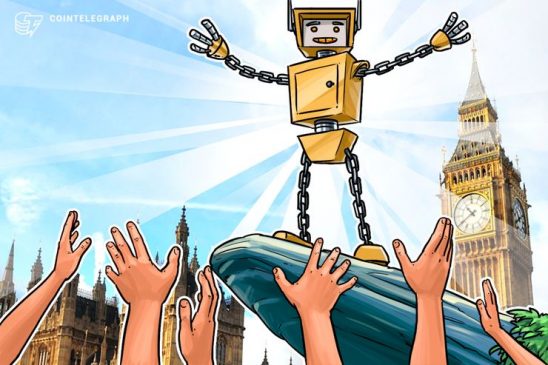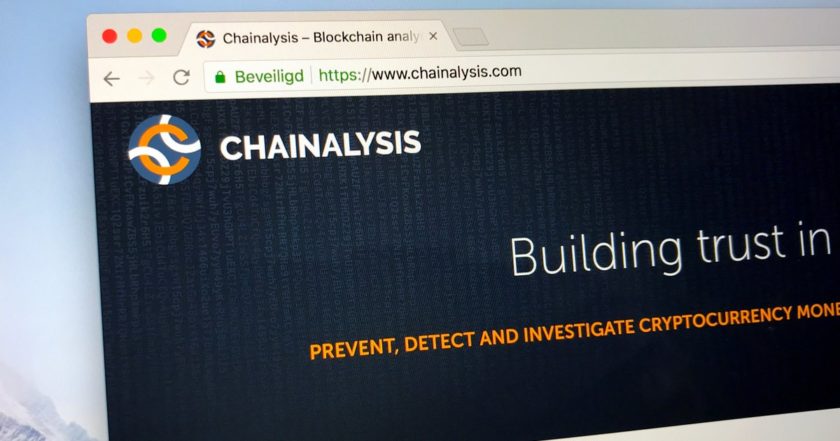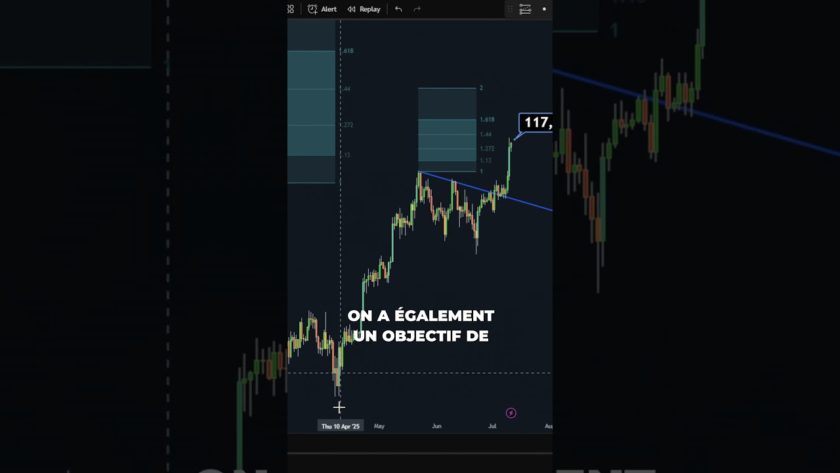British finance minister Philip Hammond has said that the issue of trade across the Irish border after Great Britain leaves the European Union (EU) might be solved by deploying blockchain technology, The Irish Times reported October 1.
Speaking at the Tory party conference in Birmingham, Hammond reportedly asserted that “there is technology becoming available […] I don’t claim to be an expert on it but the most obvious technology is blockchain,” when asked how the government plans to achieve frictionless trade after Brexit.
Addressing the future of the Irish border, the United Kingdom (UK) and the EU agreed to leave the border between the Northern Ireland and Republic of Ireland open; however, the parties are still working on the issue of how to make it a reality, Forbes reported in February.
The UK intends to leave the EU Customs Union, which would require border controls between Northern Ireland, a part of the UK, and the Republic of Ireland, which will stay in the EU. Although London has offered to sign a comprehensive free trade agreement with the continental bloc, it would include rules of identification of products’ countries of origin to ensure compliance, Forbes notes.
The implementation of blockchain could be a tool for resolving the Irish border issue, as the technology enables products’ movement to be recorded transparently and without changes. In August, logistics giant Maersk announced the launch of a blockchain solution with IBM that included 94 organizations, with 154 million shipping events already captured at the time.
In May, the National University of Ireland (NUI) Galway released a study calling on the government to promote blockchain more broadly in the country. The NUI proposes recommendations to increase blockchain awareness and adoption, which can reportedly have a positive impact on economic growth and establish a basis for how the government and Irish organizations carry out business.




